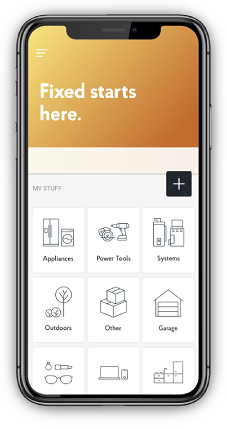Espresso Machine: Coffee Production is Slow or Only Drips
If the coffee production is slow or only drips in your espresso machine, it might be time for a DIY repair. Let us help you fix your espresso machine quickly and accurately. First, check out the parts we suggest, and read the corresponding information to help locate it and replace it if needed. In most cases, it is a simple fix that requires very little effort. Refer to your owner's manual for explicit informaton on your model.




To Replace the valve, you will first need to remove the front panel, unscrew the breaker, remove the nut and electrical connector, take the coil off, along with the nuts, washers, and allens. Finally, take out the malfunctioning part and replace.
To Replace the valve, you will first need to remove the front panel, unscrew the breaker, remove the nut and electrical connector, take the coil off, along with the nuts, washers, and allens. Finally, take out the malfunctioning part and replace.




















































